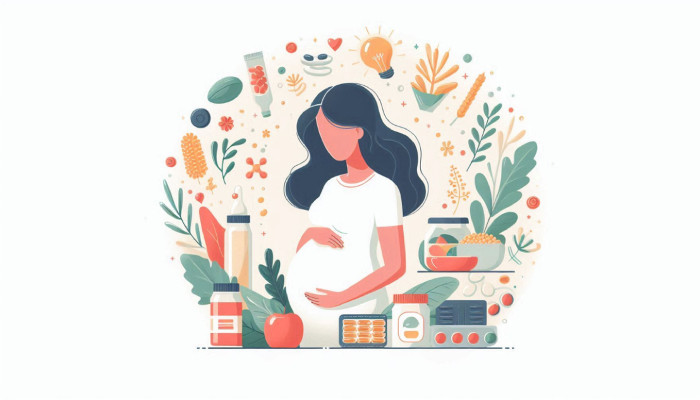

Getting ready for pregnancy starts long before conception, and good nutrition plays a key role in preparing your body. Among the essential nutrients for pre-pregnancy health, antioxidants are particularly important. These powerful compounds help protect your body from damage caused by stress and other factors, ensuring your reproductive health is in the best shape possible.
In this guide, we’ll look at how antioxidants support fertility, where to find them, and how to include them in your diet for a smoother journey toward parenthood.
What Are Antioxidants?
Antioxidants are nutrients that protect your body from harmful molecules called free radicals. These free radicals can damage your cells, including eggs and sperm, which are crucial for reproduction. Common antioxidants include vitamins C and E, beta-carotene, and selenium.
Why Are Antioxidants Important for Fertility?
For Women:
For Men:
Where to Find Antioxidants?
Building a Holistic Approach
Eat a Balanced Diet:
While focusing on antioxidant-rich foods, remember to eat a variety of foods for a well-rounded nutrient intake. Moderation is key.
Stay Active:
Regular exercise improves blood flow, supports hormonal health, and helps your body fight oxidative stress.
Manage Stress:
Stress can harm your fertility by increasing oxidative stress and disrupting hormones. Practices like yoga, meditation, and mindfulness can help you relax and support emotional well-being.
Consulting a Doctor for Personalized Guidance
Every person is unique, so it’s a good idea to work with a healthcare professional like a gynecologist or nutritionist. They can create a customized nutrition plan, monitor your progress, and adjust your diet as needed to support your fertility goals.
Final Thoughts
Antioxidants are a vital part of pre-pregnancy nutrition. They protect your reproductive health, improve fertility, and prepare your body for a healthy pregnancy. By eating antioxidant-rich foods, staying active, managing stress, and consulting with healthcare providers, you can build a strong foundation for a successful journey to parenthood.
Trying to conceive can be an emotional and sometimes stressful journey for couples. While modern fertility treatments offer valuable help, combining them with holistic practices like yoga can be incredibly beneficial. Yoga, an ancient practice that connects the mind, body, and spirit, can support both women and men in their fertility journey. Its gentle poses […]
Alcohol consumption can have serious effects on men’s sexual and reproductive health, especially when it comes to fertility and treatments like in vitro fertilization (IVF). Here’s how alcohol affects men’s fertility and what you can do to improve your chances of successful conception, particularly if you’re going through IVF. 1. Impact on Sexual Performance: Drinking […]
For those trying to conceive, understanding the menstrual cycle is essential. Each cycle provides a unique opportunity, and knowing the most fertile days can increase the chances of achieving a natural pregnancy. Here’s an overview of ovulation, the fertile window, and the key elements that influence conception: 1. Ovulation and the Fertile Window Ovulation is […]